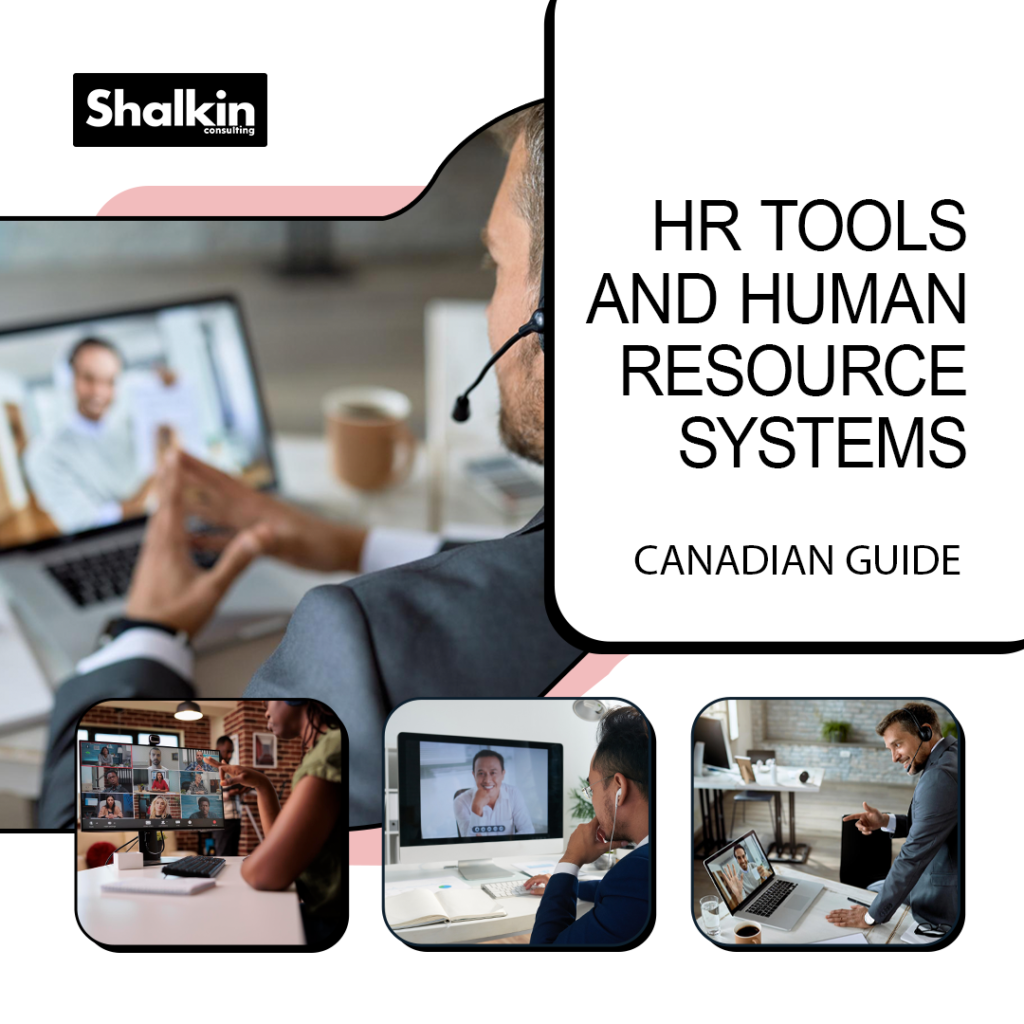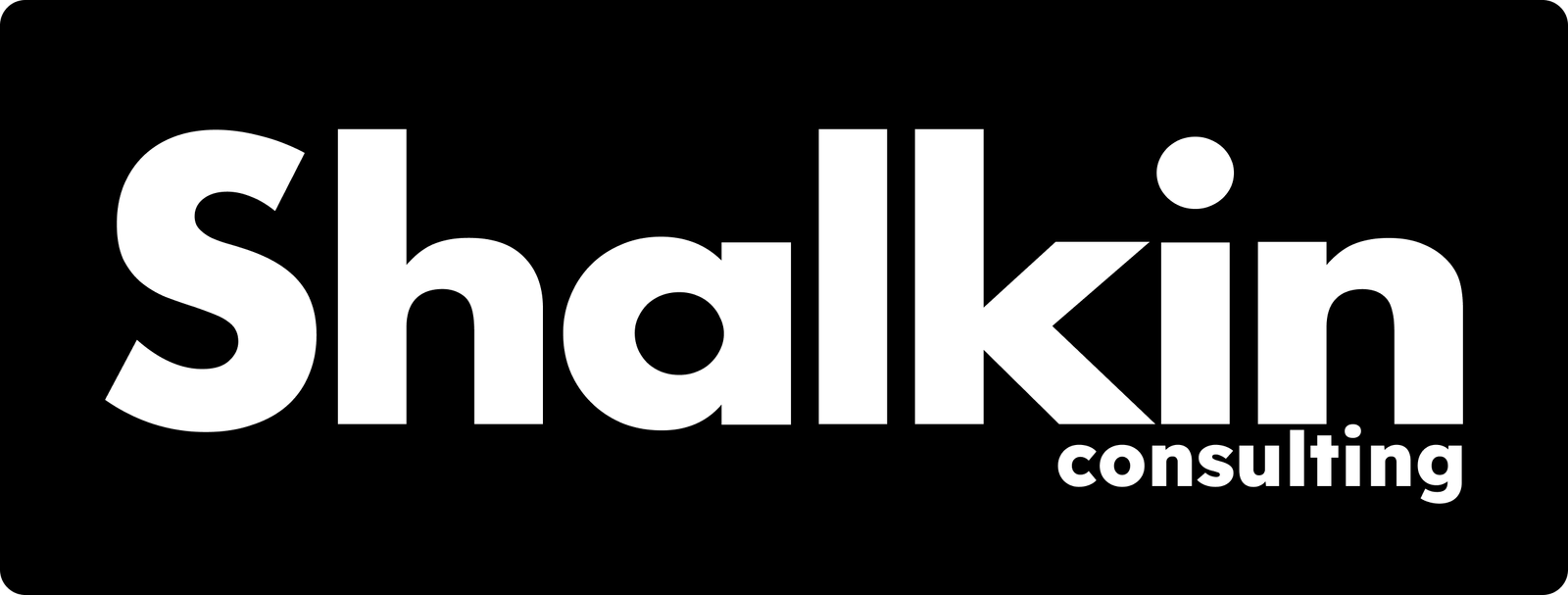Building HRM Systems: A Canadian Guide to HR Tools in 2024
In today’s competitive landscape, Canadian businesses need robust HR tools to streamline processes, manage talent effectively, and attract top performers.
The following actual data and facts support the revolutionary effect that HRM systems have on luring top personnel and fostering corporate expansion in Canada:
– Population increase & Talent Pool: Businesses will have access to an ever-expanding talent pool as a result of Canada’s population increase between 2012 and 2022.
– Labor Market Dynamics: There have been indications of a slight improvement in the Canadian labor market, as employment has increased and job openings have decreased. This could have an impact on talent acquisition tactics.
– Wage Trends: In April 2023, the average hourly wage increased by 5.2%, suggesting a competitive market for luring top workers with cash incentives.
This guide dives into the world of Human Resource Management Systems (HRMS) tools and explores how Canadian businesses can leverage them to achieve success in a talent-hungry landscape. We’ll break down key concepts, explore the benefits of using a HRM platform, and answer questions like “What is the HRM software?”.
What is HRM? And Why Should You Care?
HRM stands for Human Resource Management (HRM or HRIS). In simpler terms, it’s a strategic approach and suite of tools designed to manage all your interactions with candidates, from initial contact to post-hiring support, both with collecting data and privacy. This article also explores how human resource systems (HRMS) tools and strategies can empower Canadian businesses to not only thrive in a competitive talent landscape but also cultivate loyal customers who fuel business growth.
HRM systems go beyond simple contact management. They provide a centralized hub for all your customer data, including previous hiring history, preferences, and communication channels like Glassdoor and so on. This empowers you to:
- Gain Valuable HRIS Insights: HRM tools use data analytics to help you understand your talent base better. You can identify trends, preferences, and potential pain points, allowing you to tailor your offerings and hiring strategies for maximum impact.
- Personalize the communication from your website: With HRM data, you can personalize communication and interactions with each talent. This fosters stronger relationships built on trust and understanding, leading to increased satisfaction and loyalty.
- Boost HR efficiency: HRM streamlines your hiring processes. By automating tasks and identifying high-potential candidates, you can free up your team’s time to focus on closing deals and nurturing customer relationships.
- Improve Recruitment Service: HRM empowers you to provide exceptional HR service. With all customer interactions stored in one place, your team can quickly access relevant information and address inquiries promptly and efficiently.
Feeling the Squeeze? Canadian Businesses & The Talent Acquisition Challenge
In today’s booming North American market, Canadian businesses across various industries are facing a common challenge: attracting and retaining top talent. This intense competition can leave mid-sized businesses feeling the pressure to find innovative solutions. But what if the answer lies in building stronger customer relationships? Attracting and retaining skilled employees is a top concern for Canadian businesses. Here’s how a strong HRM strategy can indirectly address this challenge:
- Enhanced Customer Satisfaction Leads to Brand Advocacy: Happy customers are more likely to recommend your brand to others, including potential employees. A positive brand reputation built through exceptional recruitment experiences can attract top talent seeking a company with strong values and a commitment to customer satisfaction.
- Streamlined Operations Free Up Resources for Employee Development: CRM automates tasks and improves operational efficiency, freeing up valuable time and resources. This allows you to invest in employee training and development programs, making your company a more attractive option for skilled professionals seeking opportunities for growth.
- Data-Driven Insights for a Winning Employer Brand: HRM data can reveal valuable insights into your talent’s database. You can leverage this information to understand what your ideal employee values and craft a compelling employer brand message that resonates with top talent.
Empowering Your Canadian Business with CRM
The Canadian business landscape is brimming with opportunity. By implementing recruitment strategy, you can not only address the talent acquisition challenge but also cultivate a strong onboarding process that fuels long-term growth. Here are some additional considerations for Canadian businesses:
- Finding the Right HRM Platform: A vast array of HRM solutions cater to businesses of all sizes and budgets. Explore options designed for Canadian companies, considering factors like scalability, security, and compliance with Canadian data privacy regulations.
- Investing in HRM Training: Equipping your team with the knowledge and skills to leverage your HRM platform effectively is crucial.
- Start Small, Scale Up: Don’t get overwhelmed. Begin by implementing a few key HRM functionalities and gradually expand your usage as you gain comfort with the system.
What is HRMS?
Imagine a central hub that stores all your HR interactions, candidate preferences, and data. That’s essentially what a HRM platform is. It goes beyond just contact information, offering features like:
- Talent Management: Track candidates, manage opportunities and close more efficiently.
- HR Automation: Craft targeted campaigns and personalize recruitment .
- Customer Service: Provide exceptional support through multiple channels and gain valuable customer insights.
- Data Analytics: Uncover trends and patterns in customer behaviour to optimize your strategies.
Why Use a HRM Platform in Canada?
Here’s how a HRM can benefit your Canadian business:
- Boost Hiring Efforts: Convert more candidates into loyal workforce with data-driven insights.
- Enhance HR Service: Deliver exceptional experiences that build trust and loyalty, fostering positive word-of-mouth.
- Improve Team Collaboration: Break down silos and ensure everyone has access to the latest customer information.
- Attract Top Talent: Showcase your commitment to customer-centricity, appealing to high-performing individuals who value strong relationships.
- Streamline Operations: Automate repetitive tasks and gain valuable data to make informed business decisions.
Ready to explore HR solutions?
This guide has equipped you with the knowledge to confidently navigate the world of HRM platforms. Now, it’s time to find the perfect solution for your Canadian business. Research different HRM options, keeping your specific needs and budget in mind. Remember, investing in a HRM is an investment in your team relationships and ultimately, your future success.

HRM Platforms for Canadian Businesses:
This guide explores popular HR technology solutions in the Canadian market, helping you find the perfect fit for your organization.
Several HRM firms provide products specialized to the Canadian market. Here are a few things to consider:
- Salesforce
- HubSpot,
- Zoho,
- Freshworks
- Microsoft Dynamics 365
In addition to CRM tools, look into these established Canadian HR platforms:
Aktok is a comprehensive HR solution created specifically for the Canadian market, with features ranging from recruitment and onboarding to payroll and benefits.
BambooHR is a user-friendly platform for application tracking, onboarding, and staff management designed for small and medium-sized enterprises.
PeopleBook HR is a Canadian-developed platform that automates payroll, benefits administration, and performance management.
Ceridian provides payroll and personnel management systems built exclusively for Canadian enterprises.

Application Tracking Systems (ATS):
While Applicant Tracking Systems (ATS) are essential for tracking applications, consider these extra tools to up your HR game:
Task Management Systems with Web Forms:
ClickUp: Provides project management, communication, and applicant tracking services, as well as web forms for easy application submission.
Asana: Streamlines processes, task delegation, and team collaboration, and includes web forms for simple application submission.
Trello is a visual project management solution that uses web forms to collect and organize applications for the recruitment process.
Canadian Considerations:
When choosing an HRM platform, keep these Canadian-specific factors in mind:
- Scalability: Choose a platform that can grow with your business, especially if you’re in a fast-growing industry.
- Security: Ensure the platform adheres to strict Canadian data privacy regulations.
- Cost: Explore a variety of HRM services and solutions to find one that fits your budget, with options ranging from affordable to enterprise-level.
- Integration: Look for a platform that integrates seamlessly with your existing HR tools.
Conclusion
By implementing a HRIS platform, Canadian businesses can not only strengthen their customer relationships but also position themselves as attractive employers in the competitive talent market. With a focus on customer-centricity and data-driven insights, you can build a thriving business that attracts top talent and drives long-term success.
By embracing HRM, Canadian businesses can gain a significant competitive edge. With a focus on building a strong recruitment process, you can not only attract top talent but also ensure long-term success in the ever-evolving North American market.







